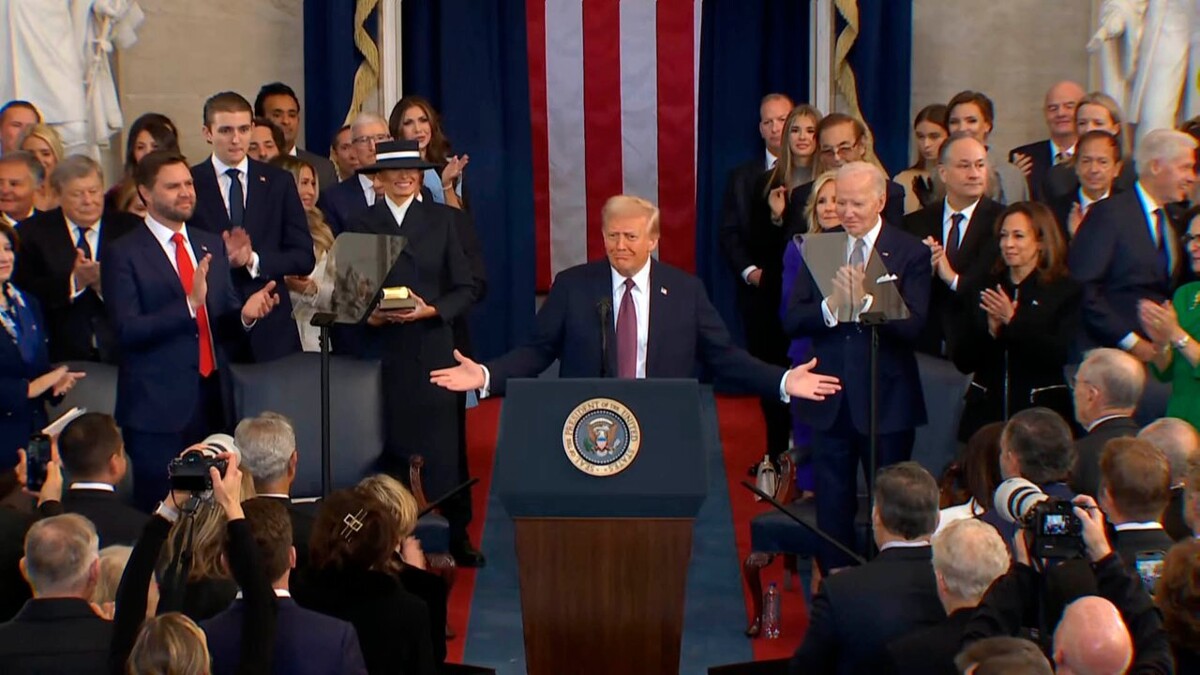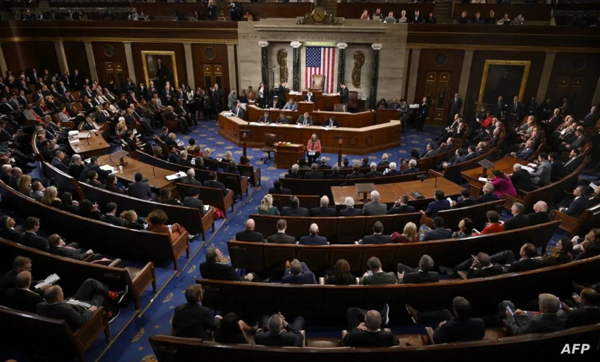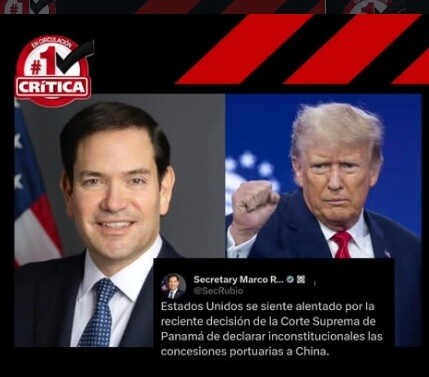
The President of the United States has recently announced that he will seek to change the dynamics of trade relations with other countries, stating that his goal is to make America "great again". Currently, the country faces a deficit of 36 trillion dollars and has trade challenges with several nations.
Donald Trump's protectionist stance has raised concerns in international markets, especially after announcing new tariffs on countries like Mexico, Canada, and China. This measure has caused a crisis in the markets and generated uncertainty regarding global economic stability.
Amid this situation, the United States managed to reach a last-minute agreement with Mexico to halt the imposition of tariffs. Trump agreed to temporarily suspend tariffs in exchange for Mexico sending 10,000 troops to the southern border to address issues of drug trafficking and illegal immigration.
In addition to Mexico, the United States is also engaged in trade disputes with China and the European Union, which has contributed to greater instability in financial markets. This tension has led to a decline in oil prices and the strengthening of the dollar against other currencies.
Trump has signed orders to impose tariffs of 25% on imports from Canada and Mexico, as well as 10% on purchases from China. Among the justifications are the fight against drug trafficking and illegal immigration. In response to these measures, Mexico and China have announced possible retaliations and actions to protect their economic interests.
The European Union is also preparing to respond to the threat from the United States to extend its tariff policies to the European continent. Trump has reiterated his intention to change the trade deficit situation that his country has with most nations, considering it to be an unjust situation.














